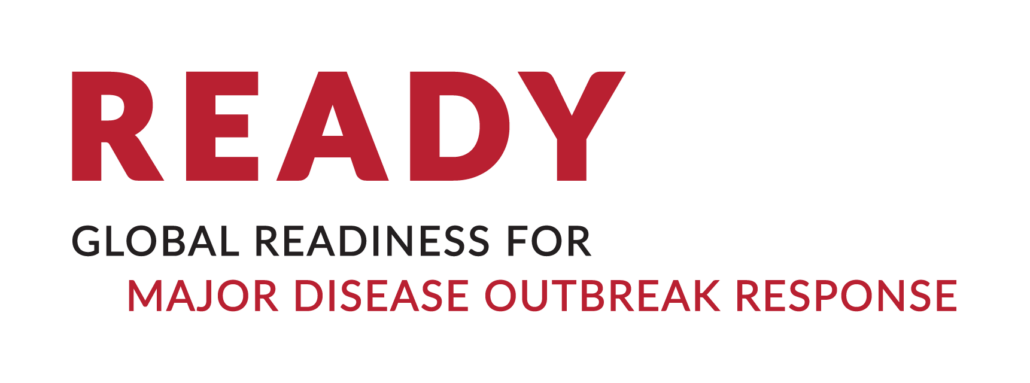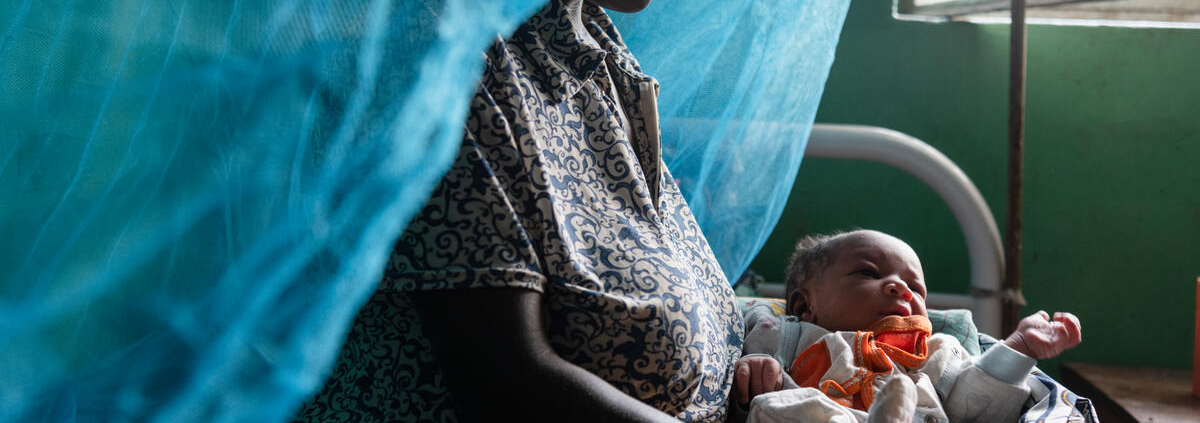Diretrizes para o manejo de mulheres grávidas e lactantes no contexto da doença do vírus Ebola
Autor: Organização Mundial da Saúde
Existe uma escassez de evidências científicas sobre como tratar melhor mulheres grávidas ou amamentando com suspeita ou confirmação de doença pelo vírus Ebola (EVD). Relatos históricos sugerem que, entre mulheres que adquirem EVD durante a gravidez, há aumento da mortalidade e morbidade, e uma taxa de quase 100% de resultados adversos na gravidez.
Para salvar as vidas de mães e seus bebês, mitigar complicações e limitar a disseminação de doenças, é essencial que recomendações sejam feitas sobre a prevenção, tratamento e vigilância de mulheres que são expostas à EVD, adquirem a EVD durante a gravidez ou amamentação, ou sobrevivem à EVD com gestações em andamento. Estas diretrizes são as primeiras a fornecer tais recomendações.


Este site é possível graças ao apoio do povo americano através do Agência dos Estados Unidos para o Desenvolvimento Internacional (USAID) no âmbito da iniciativa READY. READY (não é um acrônimo) é apoiado pela USAID Gabinete para a Democracia, Conflitos e Assistência Humanitária, Escritório de Assistência a Desastres Estrangeiros dos EUA (OFDA) e é liderado por Salve as crianças em parceria com o Centro Johns Hopkins de Saúde Humanitária, o Centro Johns Hopkins para Programas de Comunicação, Reino Unido-Med, Aliança EcoSaúde, e Misericórdia Malásia. O conteúdo deste website é da exclusiva responsabilidade da Save the Children. As informações fornecidas neste site não refletem necessariamente as opiniões da USAID, de qualquer ou de todos os parceiros do consórcio ou do Governo dos Estados Unidos, e não constituem informações oficiais do Governo dos EUA.


